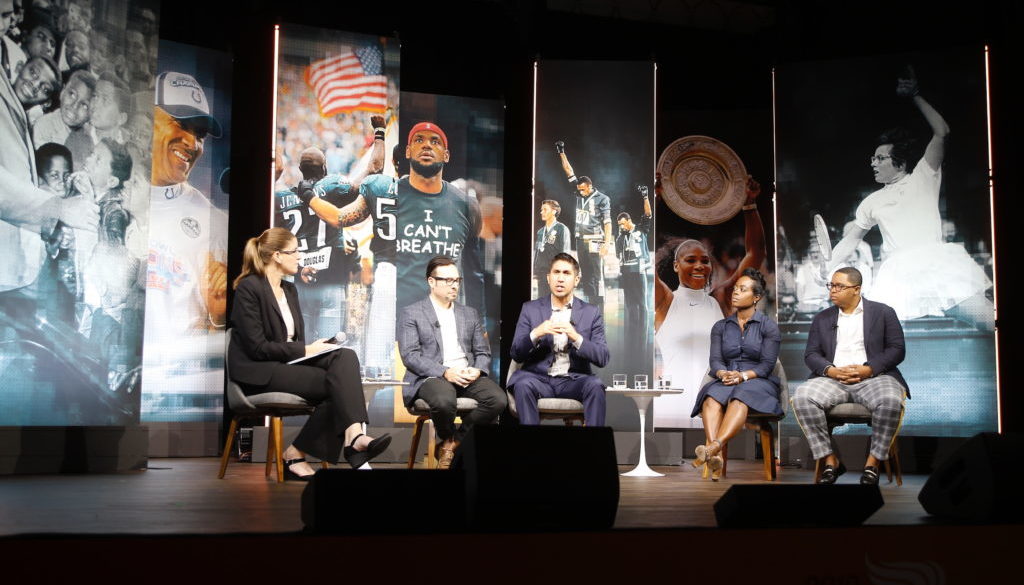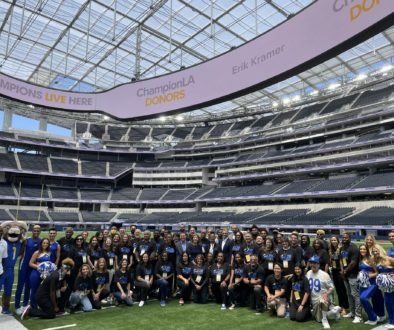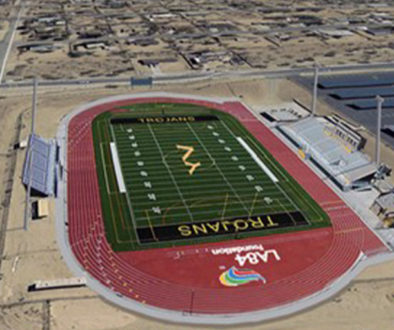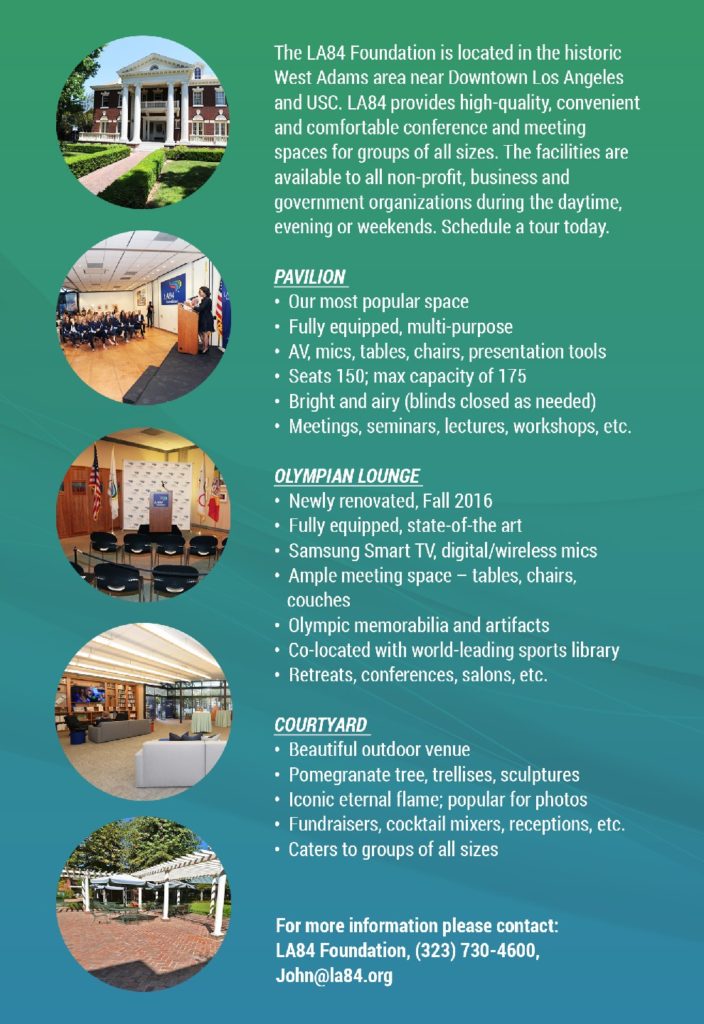2018 LA84 Summit Recap: P.E. is a Social Justice Issue; Working Together to Support Our Youth
By: Jermaine Johnson II
Sport has the power to change a child’s life for the better. That was the underlying message of this panel, in addition to addressing the play equity movement.
“Where young people live, their household income, gender, ethnicity, culture, sexual orientation, and their ability [to play sports] shouldn’t determine their ability to participate in sports,” the panel’s moderator Christa Gannon said. She is founder and CEO of Fresh Lifelines for Youth, Inc. (FLY), a nonprofit working to help transform the lives of juveniles and other at-risk youth.
She began the discussion having the panelist highlight the root of their passion for the issue at hand. Julio Marcial, director of Youth Justice at the Liberty Hill Foundation, explained how sports changed his life at a young age.
“It brought me self-esteem and friends that I still have today,” he said. “It helped me with my education and helped bring my family together every Saturday and Sunday.”
Dr. Diandra Bremond serves as the director of Trauma-Informed Youth Development at Los Angeles Brotherhood Crusade, and she described how basketball was her first love and it saved her life.
“The day after my dad died, I had a team to go to. I played in a game and it made me feel like I was a part of something and I had a family.”
Gannon then posed a question about the importance of physical education and sports to youth development.
Bremond talked about her experience at Brotherhood Crusade and said, “Without the access to sports and meaningful after school programs, the heath indicators [for youth] go down. Students are less likely to perform [well] academically and less likely to possess social/leadership skills.”
Nichol Whiteman, an executive director at the Los Angeles Dodgers, spoke on her experience of being an African American female working in the MLB, and seeing herself in the children she works with.
“On a daily basis I’m getting to tackle an issue that I think is very personal to me. I was the child that we serve.”
Whiteman also spoke on some challenges she has discovered while trying to tackle this issue.
“In addition to the issue not being loud enough, I think the biggest challenge has been partners,” she said. Whiteman went on to explain that there is a lack of understanding that sport and physical education are beneficial to a young person’s health and future.
Michael de la Rocha, co-founder of Revolve Impact, spoke about the possibility of a policy movement in support of this issue.
“Physical education is a human right and should be mandated five days a week in schools,” he said. “We have to be sure that [policy makers] are aware that this is a core component to [youth] health and well-being. It should be up to our policy makers to actually put forward the betterment of our young people.”
The panelists also spoke to on the topic that adults need to do a better job of featuring youth in this movement, and allowing their voice to be heard.
“Systemically, we have to do a much better job to intentionally lifting up the youth voice. They need to be leading this movement of play equity and we would see progress at a much faster rate,” Bremond said.
Whiteman echoed this sentiment. “There’s real opportunity for us to put youth on a platform to tell their stories of how play and sport is impacting them.”
Another important topic that was the ability to measure the impact of the movement. “We believe that the ‘so what’ is clearly important,” said Whiteman.
“We should be able to [explain] what our program is doing for [youth].”
The discussion ended with each panelist giving a call to action that supporters of the movement can take with them moving forward. An important theme that emphasized was partnership, building relationships, and supporting organizations like the LA84 foundation.
“We must join the play for all movement,” Whiteman said. “I think that we need to use the platform that LA84 has created for us and we need to make it big and loud.”





